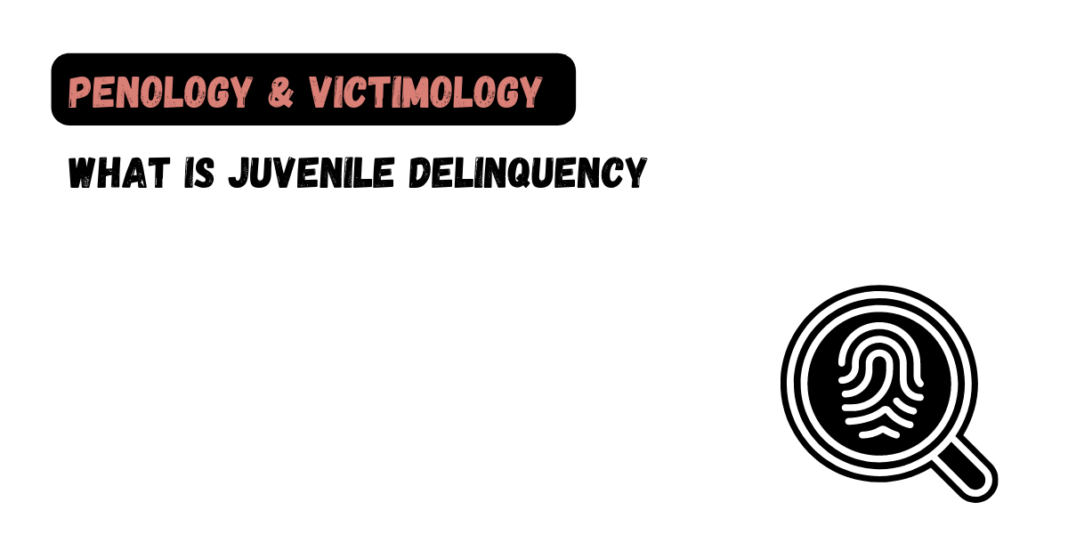Juvenile delinquency refers to the illegal or antisocial behavior of minors, typically individuals under the age of 18, who violate the law or engage in activities that are considered socially unacceptable. These young individuals, known as juvenile delinquents, commit acts that would be considered crimes if committed by adults. Juvenile delinquency can range from minor offenses, such as truancy or shoplifting, to more serious crimes, including vandalism, drug offenses, or violent acts.
Juvenile delinquency is when young people, under 18 years old, break the law or do bad things that adults could get in trouble for. The goal is to help them change their behavior and make better choices for their future.
Features of Juvenile Delinquency
- Age: Juvenile delinquents are individuals who have not reached the age of majority (18 in most jurisdictions) and are considered minors in the eyes of the law.
- Legal Proceedings: The legal system treats juvenile delinquents differently from adult offenders. In many countries, separate juvenile justice systems exist to address the unique needs and circumstances of young offenders.
- Rehabilitation Focus: The primary goal of the juvenile justice system is often focused on rehabilitation rather than punishment. The aim is to address the underlying causes of delinquent behavior and provide opportunities for young individuals to reform and reintegrate into society.
- Risk Factors: Several risk factors contribute to juvenile delinquency, including family dysfunction, peer pressure, substance abuse, poverty, lack of education, and exposure to violence or neglect.
- Intervention Programs: To prevent and address juvenile delinquency, various intervention programs, such as counseling, education, vocational training, and community-based initiatives, are implemented.





